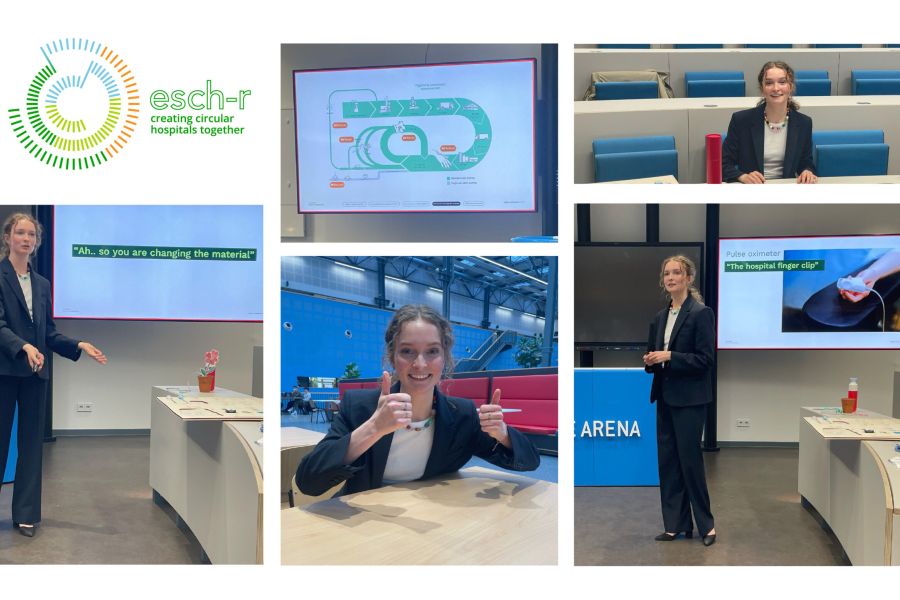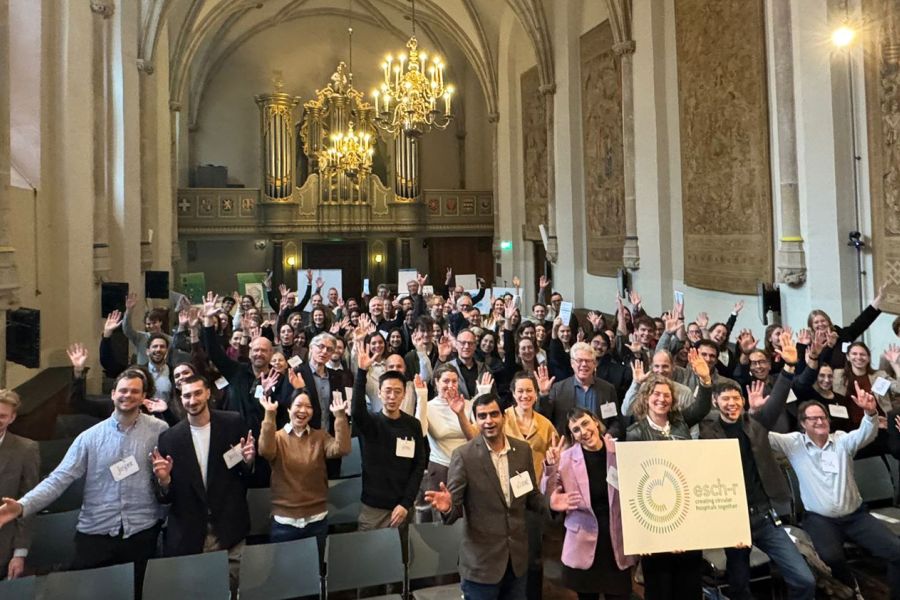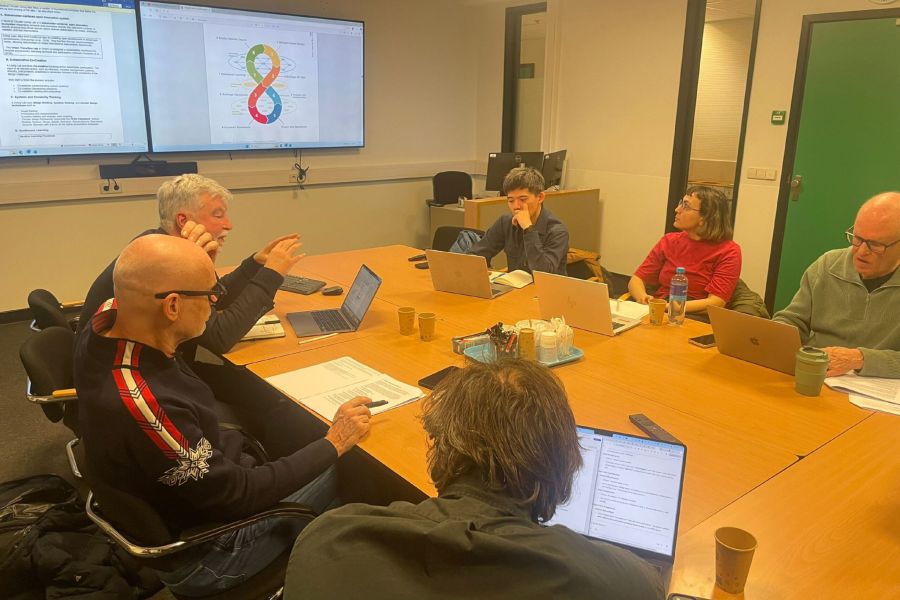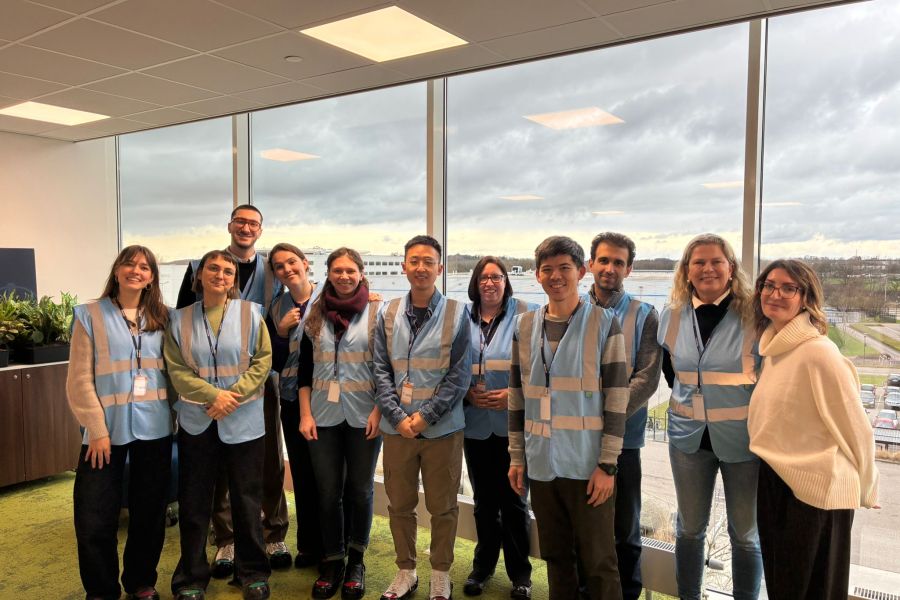Sensing a Sustainable Future – Graduation Master student Fiene Kuiper

On Friday April 25th, Fiene Kuiper, Master Student Integrated Product Design at the TU Delft, presented her graduation project called: “Sensing a Sustainable Future”. During her graduation project Fiene has analyzed and redesigned pulse oximeters from a circularity perspective in hospitals.
In Dutch hospitals, pulse oximeters have one of the biggest impacts on the environmental footprint of all disposables. In order to design a solution, it is important to identify how big this footprint is, and how design choices can limit this footprint.
Pulse oximeters already exist in both single use as reusable forms, which are both actively used in hospitals. Even though reusables are considered more environmentally beneficial, hospitals struggle to transition fully towards these devices. Therefore product and system barriers that inhibit this change were identified and tackled, both in future product design as interventions that can be implemented now.
Her project was supervised by Prof.dr.ir. J.C. Diehl – Project board member ESCH-R – and Dr.ir. Sonja Paus-Buzink from TU Delft.
Science in 3 – Three insights from Fiene’s research!
🏥 Science in 1 – Hybrid design as a bridge to circularity
The current fully reusable pulse oximeter faced significant usability limitations that discouraged healthcare professionals from adopting it. A hybrid design (reusable base + disposable patch) offers a feasible path toward more sustainable use without compromising ease of use. This redesign applies multiple circular strategies (R-strategies) to keep the product and its materials in circulation as long as possible: reduction (via IoT-based product traceability), reuse, repair, recycling, and energy recovery.
🟢 Science in 2 – Circular business models
To future-proof medical products, circular business models are essential, such as offering pulse oximeters as a service. This requires the acquisition and sharing of data between hospitals and medical device manufacturers. A conceptual IoT system, enabled through a small adapter in the monitor, makes this data exchange possible without significantly increasing the cost of individual sensors and with potential scalability to all vital sign monitoring devices.
💚 Science in 3 – System change starts small
Beyond product innovation, simple and easily implementable interventions like monthly redistribution of equipment and shifting cleaning responsibilities can already lead to measurable sustainability improvements in hospitals. These changes make the transition to reusable pulse oximeters more attainable, directly reducing environmental impact. Through co-creation with hospital stakeholders, from care providers to procurement and technical staff, practical and widely supported interventions were identified. These co-creation sessions were guided by visual information maps, that clearly and visually communicated research findings to co-creation participants.
Read Fiene’s full graduation report via the Repository of TU Delft.


